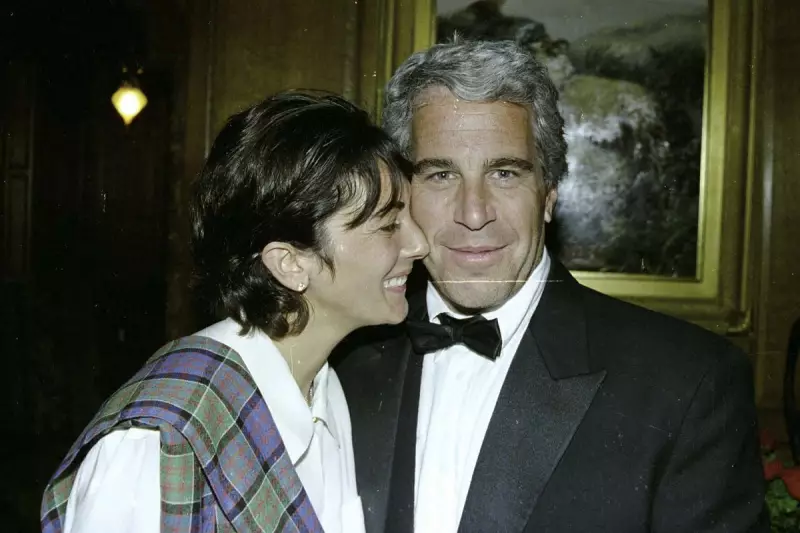
Ghislaine Maxwell, the convicted associate of disgraced financier Jeffrey Epstein, was granted limited immunity by the US Department of Justice (DOJ) in a 2016 agreement, newly revealed court documents show. The deal has reignited scrutiny over how authorities handled the Epstein case and whether key figures avoided accountability.
The Immunity Agreement
The documents confirm that Maxwell received partial protection from prosecution in exchange for her cooperation during a 2016 investigation into Epstein’s sex trafficking ring. However, the immunity was narrowly defined and did not cover all potential charges.
Legal Implications
Legal experts suggest the arrangement may have complicated later efforts to prosecute Maxwell, who was eventually convicted in 2021 for her role in recruiting and grooming underage girls for Epstein. The DOJ has yet to clarify why such a deal was offered.
Public and Political Reaction
The revelation has sparked outrage among victims’ advocates and lawmakers, who argue that powerful figures in the Epstein case benefited from preferential treatment. Calls for a full inquiry into the DOJ’s handling of the matter are growing.
What Comes Next?
Maxwell remains in prison, but the immunity deal raises broader questions about transparency and justice in high-profile cases involving wealthy and well-connected defendants.





